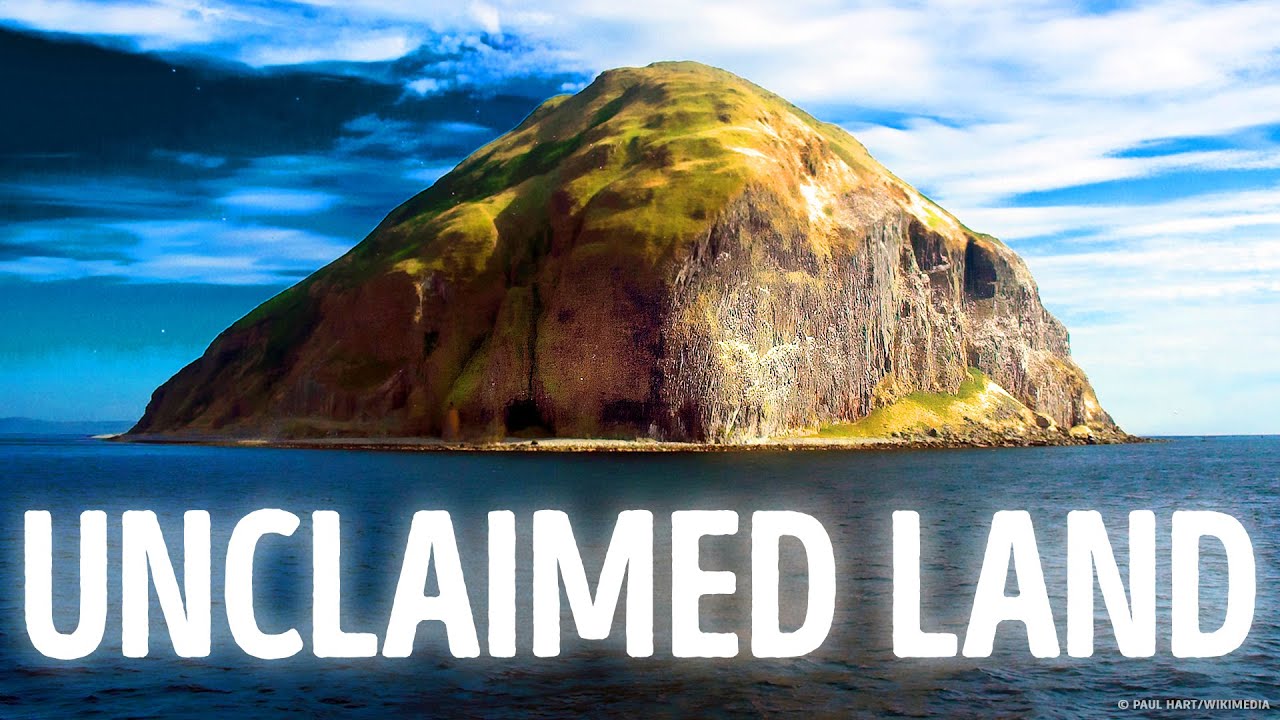Introduction: The Historical Background of Rhode Island’s Claim Dispute
Rhode Island, a small state located in the New England region of the United States, has a rich history of disputed claims by various countries. Throughout the centuries, different European nations sought to assert their sovereignty over this land. Understanding the historical background of Rhode Island’s claim dispute is essential to comprehend the complex web of interactions and interests that shaped its history.
Dutch Exploration and Their Claim to Rhode Island
In the early 17th century, Dutch explorers became the first Europeans to set foot on Rhode Island’s shores. Adriaen Block, a renowned Dutch navigator, sailed along the coasts of Rhode Island in 1614. The Dutch, under the auspices of the Dutch West India Company, established trading posts and claimed the area as New Netherland. However, their claim to Rhode Island was tenuous, as they focused more on establishing settlements in present-day New York.
English Settlements and Their Assertion of Rhode Island
The English, led by the Pilgrims on the Mayflower in 1620, sought religious freedom and established Plymouth Colony in present-day Massachusetts. As the English colonies expanded, they laid claim to Rhode Island as part of their broader territorial ambitions. In 1636, Roger Williams, an English theologian, founded the settlement of Providence on land he purchased from the Narragansett tribe. Other English settlements, such as Warwick and Portsmouth, soon followed, solidifying English control in the region.
The Impact of French Explorers and Their Potential Claim
French explorers, most notably Samuel de Champlain and Giovanni da Verrazzano, also played a role in Rhode Island’s history. While they did not explicitly claim the land, their voyages and interactions with Native American tribes contributed to the European knowledge of the region. The French influence in Rhode Island remained limited compared to the English and Dutch, as their focus was primarily on the fur trade and the establishment of colonies further north in present-day Canada.
Swedish Interests and Their Connection to Rhode Island
In the mid-17th century, the Swedish Empire, seeking to expand its colonial holdings, established the colony of New Sweden in present-day Delaware. While Rhode Island was not directly claimed by the Swedes, their presence in the region influenced the dynamics of European colonization. The Swedes traded with Native American tribes in the area, indirectly impacting the broader context of territorial claims in Rhode Island.
Native American Tribes and Their Pre-Existing Claims
Before European colonization, Rhode Island was inhabited by various Native American tribes, including the Narragansett, Wampanoag, and Niantic. These tribes had longstanding claims to the land and had been living there for generations. As European settlers arrived, conflicts arose between the Native Americans and the newcomers, leading to the displacement and marginalization of the indigenous populations. Despite their pre-existing claims, the Native American tribes were largely disregarded in the subsequent European assertions of sovereignty.
The Role of Spanish Explorers in Rhode Island’s History
Spanish explorers, such as Giovanni da Verrazzano and Juan Rodriguez Cabrillo, explored the eastern coast of North America in the early 16th century. While they did not specifically claim Rhode Island, their voyages contributed to the European understanding of the region. The Spanish, however, focused their colonization efforts mainly in Central and South America, diverting their attention away from present-day Rhode Island.
Portuguese Interests and Their Involvement with Rhode Island
Portugal, a major European power during the Age of Discovery, did not have a direct claim to Rhode Island. Portuguese explorers, including Gaspar Corte-Real and Estêvão Gomes, charted the Atlantic coast of North America but did not actively pursue colonization in the region. Portuguese interests remained concentrated on their colonial holdings in Africa, Asia, and South America.
Danish Interaction and Their Influence on Rhode Island
Denmark, another prominent European nation during the Age of Exploration, had limited involvement in Rhode Island’s claim dispute. Danish explorers, such as Vitus Bering and Bartholomew Gosnold, made significant contributions to the European knowledge of North America’s eastern coast. However, Denmark’s focus on colonization efforts primarily centered on Greenland and the Danish West Indies, diverting their attention away from Rhode Island.
Scottish Engagement and Their Claim to Rhode Island
Scotland, a part of the Kingdom of Great Britain, had no direct claim to Rhode Island. Scottish explorers and merchants, however, were active participants in the European exploration and colonization of North America. Despite their involvement, Scottish interests focused more on regions such as Nova Scotia and Newfoundland, rather than Rhode Island.
Irish Connections and Their Potential Interest in Rhode Island
Ireland, as part of the British Isles, did not have a direct claim to Rhode Island. However, Irish immigrants played a significant role in the history of Rhode Island. Irish laborers and tradespeople were vital to the growth of industries such as manufacturing and textiles during the 19th century. Although Ireland did not assert a specific claim to Rhode Island, its people left an indelible mark on the state’s social fabric and economic development.
Conclusion: Evaluating the Various Claims to Rhode Island
The historical background of Rhode Island’s claim dispute reveals a complex tapestry of interactions among different European nations. While the Dutch, English, and Native American tribes had the most substantial claims, the impact of French, Swedish, Spanish, Portuguese, Danish, Scottish, and Irish interests also left their imprints on Rhode Island’s history. Ultimately, English settlement and the subsequent establishment of the Thirteen Colonies set the stage for Rhode Island’s incorporation into the United States. The diverse range of claims highlights the contested nature of land ownership and sovereignty, underscoring the complexities of colonial history.





